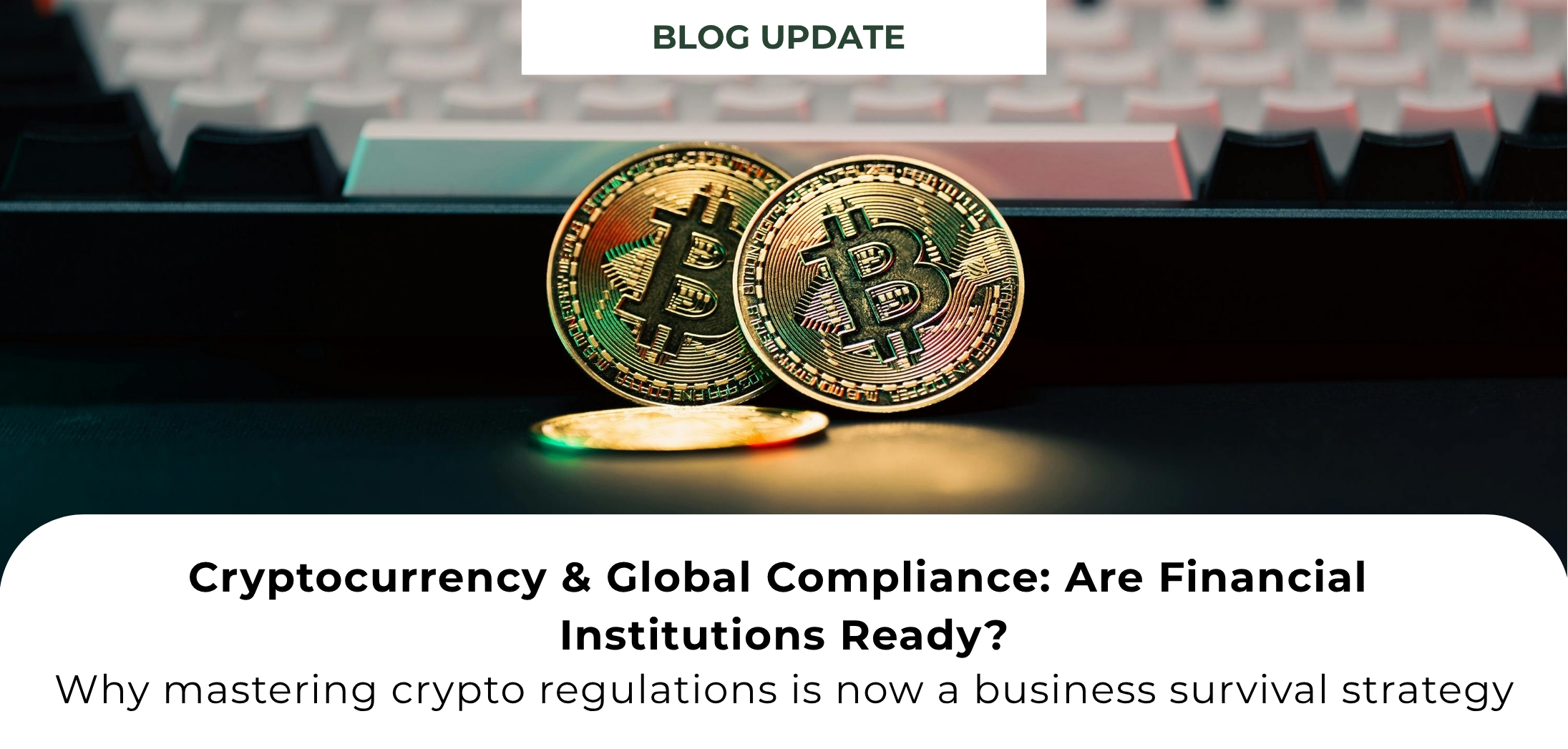
Cryptocurrencies are no longer just a niche market—they are redefining global finance. From Bitcoin and Ethereum to stablecoins and DeFi platforms, digital assets offer huge opportunities, but they also bring complex compliance challenges.
For financial institutions, understanding the regulatory landscape is no longer optional—it’s critical. Here’s what you need to know:
1️ Anti-Money Laundering (AML) & Know Your Customer (KYC)
Cryptos can provide anonymity, but regulators worldwide, including FATF, require strict AML and KYC measures:
Example: Banks offering crypto custody services must track fund flows on blockchain networks to detect potential fraud or illicit activity.
2️ Licensing & Registration
Most countries now require licenses for crypto exchanges, wallet providers, and related services. Financial institutions entering this space must:
Tip: Even if crypto isn’t your core product, offering crypto-linked services triggers licensing obligations in many jurisdictions.
3️ Tax Compliance & Reporting
Digital assets are taxable in most countries. Institutions must:
Example: A bank facilitating crypto trades must ensure every client’s gains are recorded for tax reporting.
4️ Consumer Protection & Transparency
Clients need to understand the risks:
Providing clear risk disclosures and guidance protects both clients and your institution from reputational damage.
5️ Sanctions & Cross-Border Compliance
Cryptos can move across borders easily, but regulations follow the money. Institutions must:
Key Challenges
Best Practices for Financial Institutions
Conclusion
Cryptocurrency is here to stay. Financial institutions that balance innovation with regulatory compliance will gain trust, unlock growth, and thrive in the digital asset economy.
© 2026 Business Consultant & Law Firm - Legacy Partners. All Rights Reserved.
Designed by Nuewelle Digital Solutions LLP

Legacy Partners
We typically reply in a few minutes